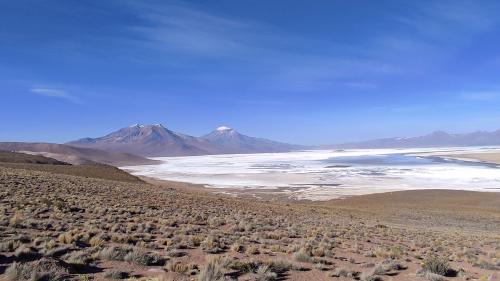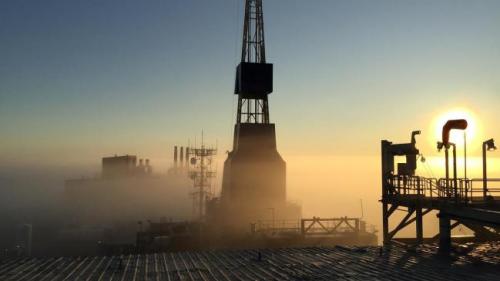
Mexico
Mexico has considerable oil and mineral reserves. Although not extractives-dependent, the country faces an urgent need to improve governance.
Mexico is the world’s top producer of silver and a significant producer of gold, zinc and iron. It also mines copper and lithium, which are essential minerals for the energy transition.
The extractive sector is important to the country’s economy—in 2021, mining revenues represented 2.5 percent of Mexico’s GDP, and those from oil 4.3 percent. However, the extractive sector, especially mining, faces crucial governance challenges, both in terms of environmental and social issues, and in closing the gap between laws and their real-world implementation. Transparency, tax collection and resource traceability also require improvement. And the energy transition presents challenges too. Its impact on Mexico’s oil sector remains unclear; authorities and state-owned companies must collaborate carefully to transition to a new energy model.
In Mexico, NRGI works with civil society organizations to develop research and proposals to create a fair, sectoral approach to decarbonization and energy transition processes. The related minerals boom represents an opportunity to improve different aspects of the sector’s governance.
2021 Resource Governance Index
The 2021 RGI assessed the governance of Mexico's oil and gas sector and the mining sector.
Related NRGI team members

Fernanda Ballesteros
Mexico Country Manager

Juan Luis Dammert
Latin America Director

David Manley
Lead Economic Analyst – Energy Transition

Ricardo Troncoso
Mexico Officer


